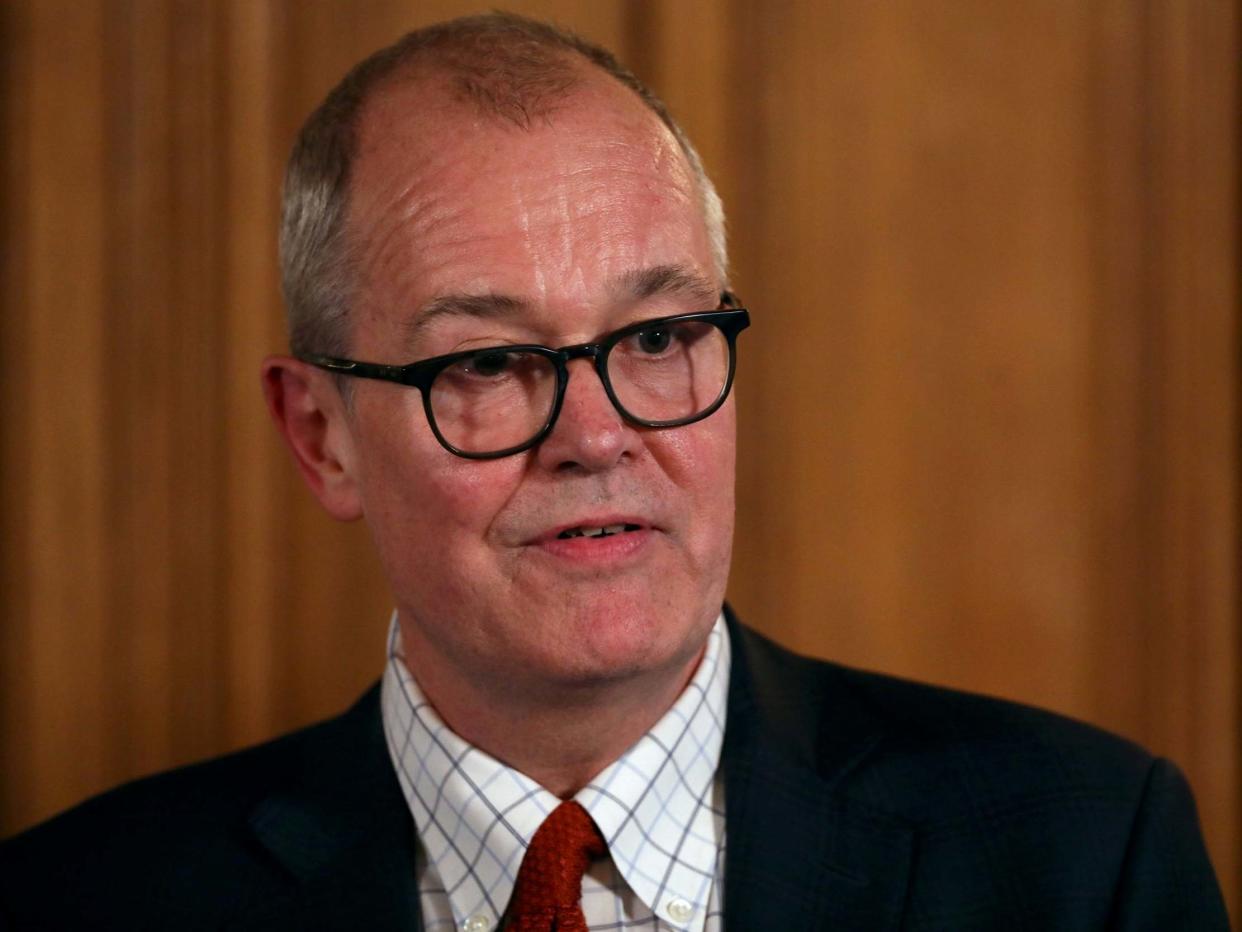Coronavirus immunity certificates for survivors ‘premature’, government’s chief scientific adviser warns

The government’s chief scientific adviser has warned it is ‘premature’ to talk of immunity certificates for those who survive Coronavirus, just a day after the health secretary said they were being considered.
The ‘passports’ could potentially allow people to ignore strict social distancing measures.
But Sir Patrick Vallance said it was still not clear what kind of immunity sufferers would have.
He told the Downing Street press conference today talk of such certificates was “very premature”.
On Thursday Matt Hancock, the health secretary, said "systems of certification" were being worked on in government.
Mr Hancock also estimated that almost four million people had recovered from Covid-19.
The government has ordered millions of antibody tests, to show whether or not key workers have had the disease.
But scientific work is still underway to understand if those who have recovered retain immunity.
Critics warn immunity passports could create a two-tier society and lead thousands to lose their jobs, just because they have not had the disease.
But advocates argue that they could help liberate the economy, as long as patients retained sufficient immunity.
The caution from Sir Patrick comes alongside a warning that the UK risks a second wave of the pandemic if social distancing measures are ignored this weekend.
Downing Street has called on people to adhere to the rules in the next few days, when high temperatures are forecast for the bank holiday weekend.
Scientists released data yesterday putting the reproductive rate of coronavirus steady for a second week in a row.
Estimates of the so-called R-number relate to what was happening two to three weeks ago.
Experts warn that in order for the number of cases to continue to fall the R-number has to remain below 1.
The latest estimate is of an R-number between 0.7 and 1 across the UK.
Sir Patrick warned that reopening schools was likely to push that rate up.
Schools are set to partially re-open at the start of next month, but ministers hope the move will not push the R-number above 1.
Sir Patrick said: "The risk for children (from coronavirus) is much lower - we know that.
"They are at low risk but not zero risk and there have been some serious cases of children, of course, but very few compared to adults and older age groups.
"The broader risk in terms of opening schools is that as soon as you introduce any contact, you put pressure on the R and you put pressure on numbers, and that's true of anything we are going to do in terms of changes to contact."

 Yahoo Movies
Yahoo Movies 
